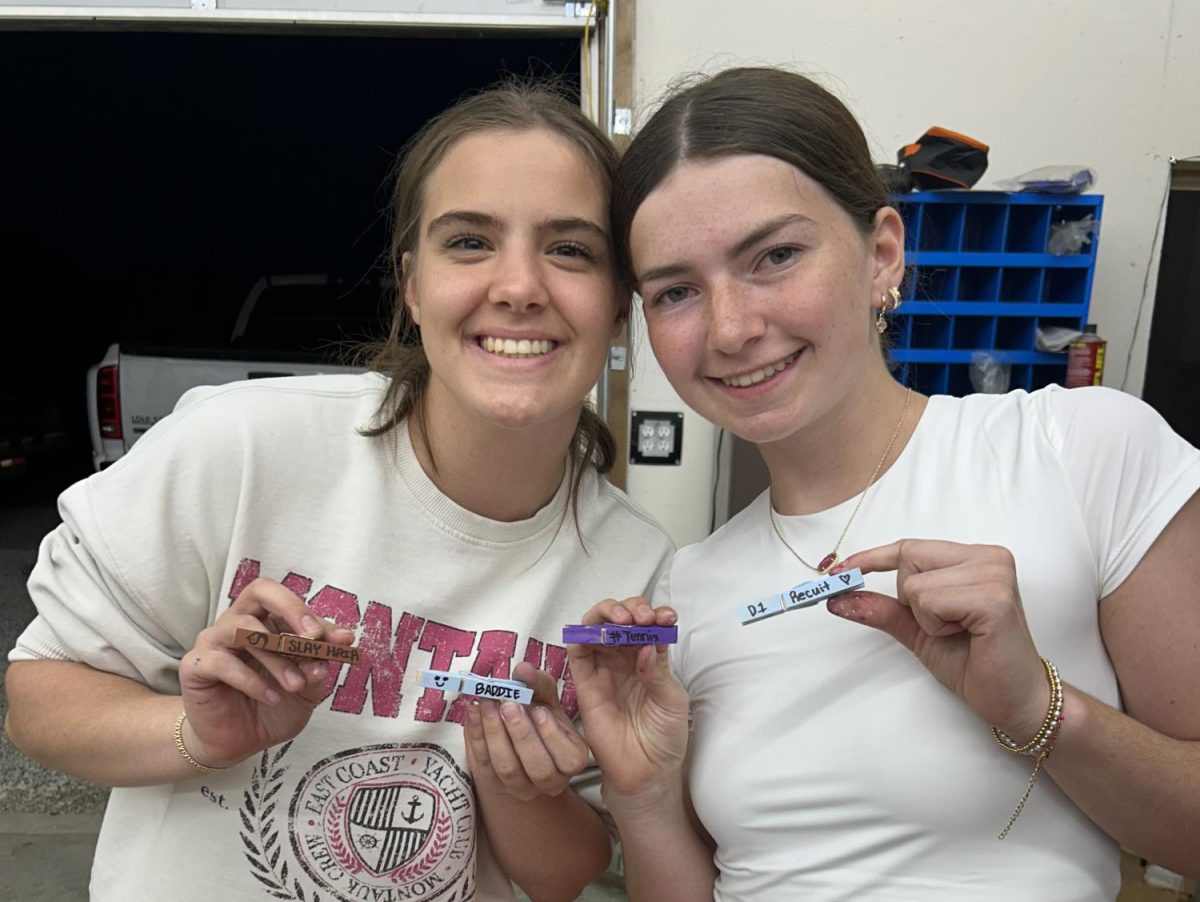To Treat or Not to Treat
Members of AHS consider a ban on trick-or-treating.
According to History.com, Americans spend $2.6 billion each year on Halloween candy.
October 30, 2019
Halloween is a holiday defined by pumpkin carving, scary movies, and many children’s favorite: dressing up to go trick-or-treating. The act of trick-or-treating was established in America in the 1920s, but has been around since the Middle Ages in the form of a festival commemorating the deceased. Now, instead of a commemoration, trick-or-treating is a time for kids of all ages to dress up and have fun. Or is it? Recently, towns across America have set a law in place prohibiting kids over the age of 12 to trick-or-treat. Though Atlantic has yet to consider this ban, students and staff at AHS still have strong opinions regarding the situation.
Senior Adriana Mendez stopped going trick-or-treating for herself at age twelve, as by this time many of her friends had stopped going. Nevertheless, she continued to have a good time as she found taking her younger sisters out to trick-or-treat was more enjoyable than going for herself, considering she received “double the candy.” Though Mendez understands the basis of the ban put in place in some towns, she feels it is unnecessary. “If people want to do it, then they should be able to do it,” Mendez said.
English teacher Alex Bales has a similar opinion. “I think it’s ridiculous,” Bales said. He called the law “too much of a blanket ban.” He was particularly disturbed by the fact that towns would take kids out of a safe, observable environment. Like Mendez, Bales stopped going trick-or-treating at a young age. Instead of collecting candy, he went to Halloween parties thrown at his high school and haunted houses with his friends.
Freshman Rio Johnson stopped trick-or-treating as a result of her friends stoppage. Though she missed it at first, Johnson said now she would rather hand out candy, as she likes “seeing the children happy.” She feels like there should not be an age restriction on trick-or-treating, an issue she has had her own experiences on growing up.
One Halloween when Johnson was 11 years old, she was denied candy at an elderly couple’s house, as they believed she looked too old. “They said they stopped handing candy out at 12,” Johnson said. “They wouldn’t believe me when I told them my age.”
According to Slate, Chesapeake, Va., Meridian, Miss., Bishopville, S.C., Boonsboro, Md., and Belleville, Ill. have all enacted bans on teenagers trick-or-treating.











